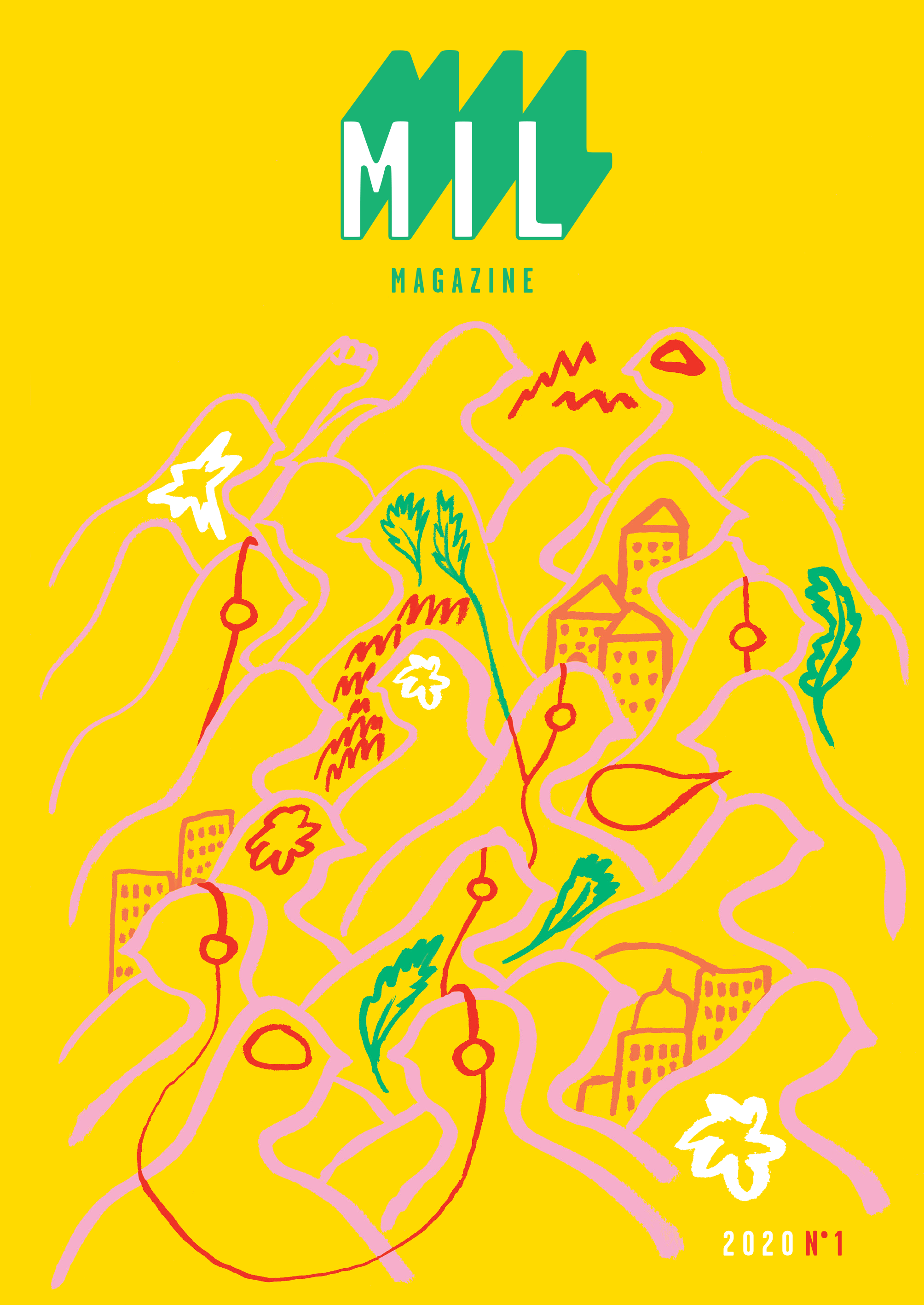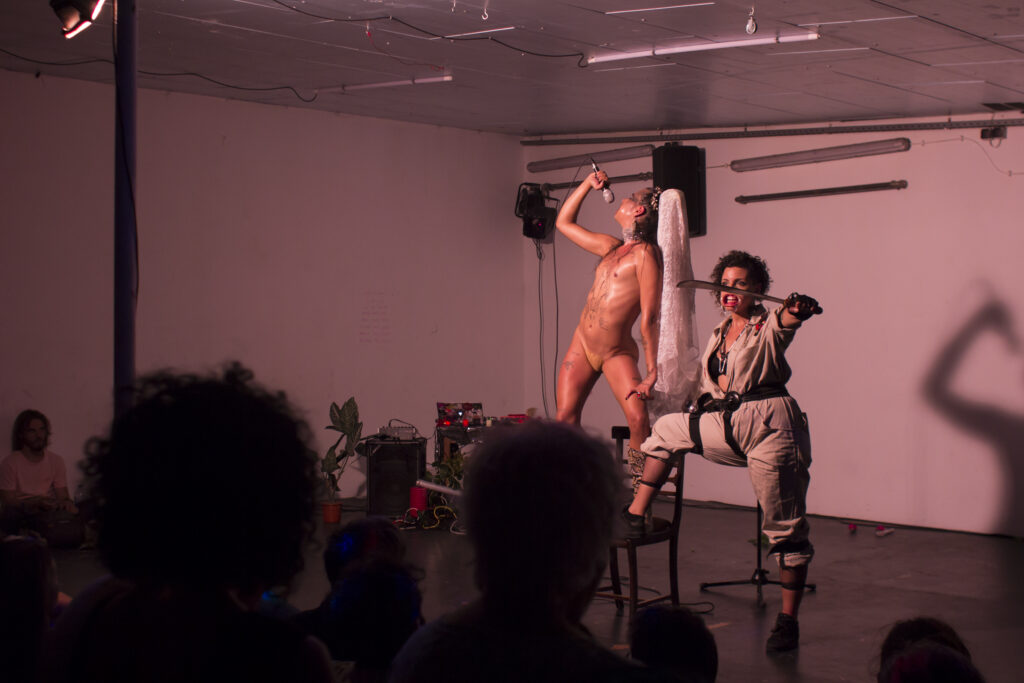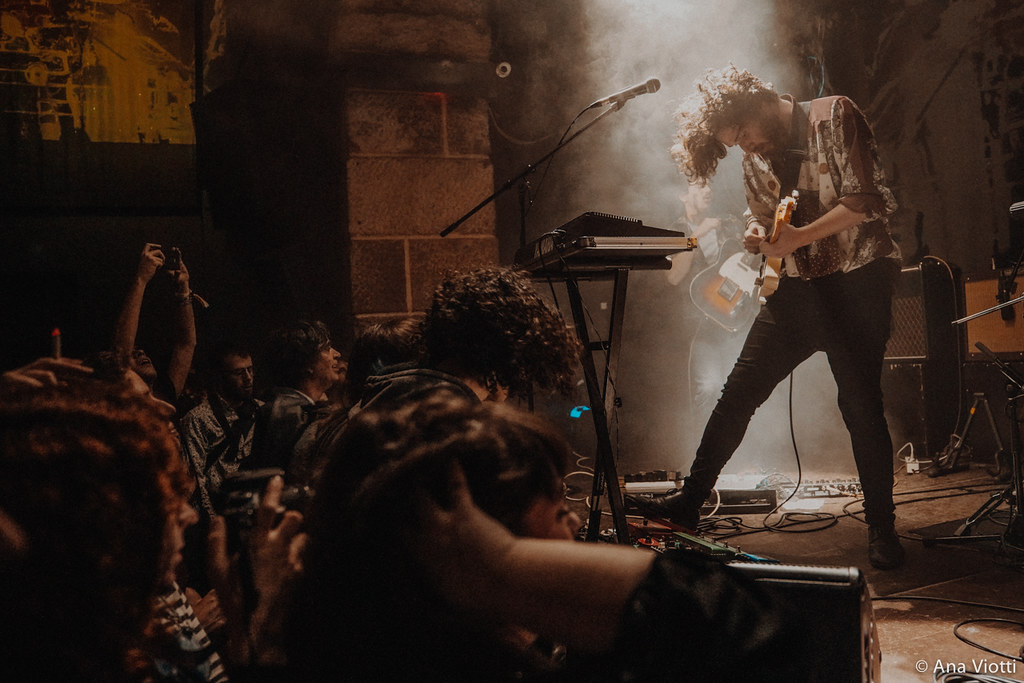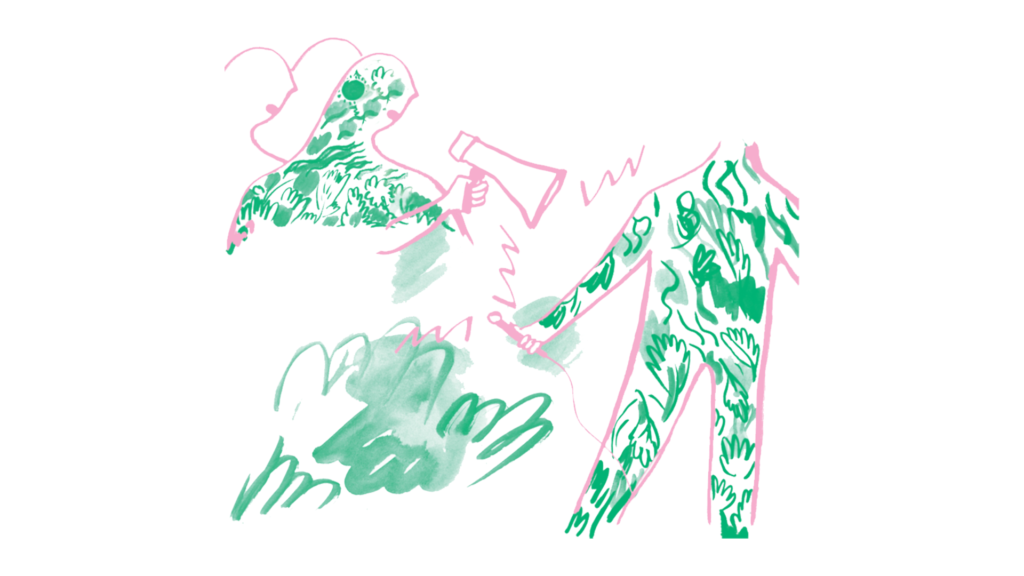Nº 1: Uma revista para ouvir o mundo
“O B.Leza ajudou a desmistificar uma série de preconceitos entre portugueses e africanos. Havia uma energia que nos dizia que, uma ez próximas, as pessoas deixam de ser desconhecidas, e têm oportunidade de perceber e de valorizar aquilo que os une, começando pela música e pela dança e acabando numa conversa.” Isto foi há 25 anos, conta-nos Madalena Saudade e Silva, programadora do B.Leza. Mas podia ser agora. Podiam ser as festas da editora Príncipe no Musicbox. Podiam ser os artistas brasileiros que estão a instigar novos encontros dentro do circuito cultural português. Podiam ser outras mil histórias de que ainda não ouvimos falar.
A música é assim, sempre foi: caixa-de-ressonância das sociedades, das cidades, das pessoas, das histórias que já foram contadas e daquelas que ainda estão por contar. É isso que queremos mostrar na revista MIL, através de diferentes olhares e reflexões sobre temas que estão no centro do debate da indústria da música e do sector cultural. Sempre com os pés bem assentes naquilo que os (que nos) rodeia.
Nestas páginas olhamos para as dinâmicas da programação de música independentes em Lisboa. Para a luta contra as alterações climáticas dentro destes sector. Para a produção artística brasileira em Portugal. Para o lado bom e o lado menos bom do streaming. Para os monopólios na música ao vivo. Para a saúde mental na música. Para a cultura ballroom. Para…
Motivados pela vontade de aproximar os intervenientes nos territórios de língua portuguesa do debate colectivo sobre estas questões, a revista MIL quer ser um espaço de pensamento crítico e de diálogo transfronteiriço; uma extensão daquilo que vemos nos palcos e do que debatemos no festival. E fá-lo a várias vozes, numa edição bilingue em que se cruzam visões locais e globais, sempre numa perspectiva de pensar o presente e o futuro da indústria musical (e do mundo em geral) lado a lado com quem participa activamente na sua transformação. E evolução.
Nº 1: A magazine to listen to the world
“B.Leza helped to demystify a series of preconceptions between Portuguese and African people. There was an energy that told us that once people are close, they are no longer strangers, and have the opportunity to understand and value what unites them, starting with music and dancing and ending in a conversation.” This was 25 years ago, B.Leza’s booker Madalena Saudade e Silva tells us. Bit it could be now. It could be the Principe label parties at Musicbox. It could be the Brazillian artists that are inciting new encounters within the Portuguese cultural circuit. It could be another thousand stories that we still haven’t heard of.
Music is like this, it always was: a resonance-box of societies, cities, people and stories that we already told and the ones that are still to be told. That is what we aim to show at MIL magazine, through different looks and thoughts on topics that are at the center of the music industry and the cultural sector debate. Always with both feet firmly on the ground of what surrounds it (and us).
In these pages, we take a look at the dynamics of programming independent music in Lisbon. At the fight against climate changes in this sector. At the Brazilian artistic production in Portugal. At the good side and not so good side of streaming. At the live music monopolies. At the mental health in the music industry. At the ballroom culture. At…
Driven by the will to bring close key players of the Portuguese-speaking territories to the collective discussion around these issues, MIL magazine aims to be a space for critical thinking and cross-border dialogue; an extension of what we see on stages and what we discuss at the festival. And it does so in many voices, in a bilingual publication in which local and global insights intersect, always in a perspective of thinking the past and the future of the music industry (and the world in general) side by side with those who actively participate in its transformation. And its evolution.







